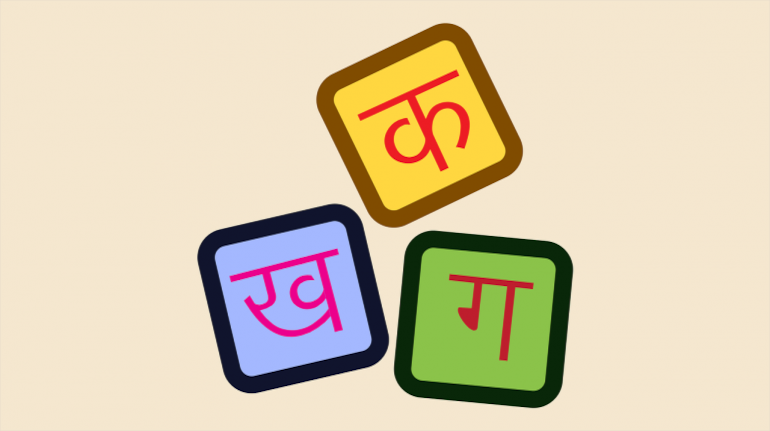
The National Education Policy (NEP) 2020 that was approved by the Union Cabinet chaired by Prime Minister Narendra Modi aims to focus on regional languages. One such provision under NEP 2020 is to change the medium of instruction till at least the fifth grade to the local language or mother tongue.
However, sources clarified to Moneycontrol that this policy is not mandatory and will be followed only if this model is feasible.
“I think there has been some miscommunication. The erstwhile Human Resource Development Ministry is not making it mandatory to study only in local languages till fifth grade. We are only saying that under NEP 2020 it will implemented wherever possible,” a ministry official said.
The press statement by the Cabinet post the approval of NEP had mentioned "teaching at least till grade five to be in mother tongue/regional language." It had also said the policy has emphasised mother tongue/local language/regional language as the medium of instruction at least till fifth grade but preferably till eighth grade and beyond.
Also Read: All your National Education Policy queries answered
This led to a tizzy among both parents and teachers since there was an interpretation that English medium schools would have to change the medium of instruction to the local language.
However, another regulatory official said nowhere was it mentioned that all schools will have to suddenly change course. He added that this was only an ‘advisory’.
Banker Giirija Padmanabhan who gets transferred every five years said languages cannot be made mandatory.
“Learning the local language is essential. But imposing one language till grade five is not practical. Take my daughter. If I get transferred to Assam after five years from Maharashtra, my daughter will have to switch from learning in Marathi to studying in Assamese. Hopefully, central government schools keep the options open,” she added.
NEP 2020 said that use of mother tongue or home language would be beneficial since young children learn and grasp non-trivial concepts more quickly in their home language and mother tongue.
Some questions on this policy still remain unanswered. NEP 2020 states that teachers will be encouraged to use a bilingual approach, including bilingual teaching-learning materials, with those students whose home language may be different from the medium of instruction.
Again, this is being interpreted as being made mandatory for all teachers. School principals told Moneycontrol that the government needs to come out with a clarification immediately. They requested anonymity due to fears of retaliation.
The principal of a Mumbai-based CBSE school explained that the medium of instruction has to be decided depending on which state it is and the student profile.
“NEP is talking about local language, regional language and mother tongue. These are three very distinct things. Take a school in Uttarakhand. Hindi could be the regional language while Garhwali or Kumauni is the local language. Do we even have teachers to teach daily lessons in the local languages?” she added.
The mother tongue has brought in further confusion because a student whose home language is Tamil or Bengali could be studying in Gujarat, where ideally Gujarati would be used as the medium of education. The confusion here is even if a student wants to be educated in the mother tongue, how will it be possible in a different state where teachers don’t speak that language.
“I really hope that the HRD ministry does not leave it to the state governments to decide. Language is a touchy subject and political parties may take decisions for implementing regional languages, which could not be in the interest of students,” said Kolkata-based Preeti Jain who is the principal of a private school.
Currently, government schools across states have the official state language taught mandatorily to students for a few years so that these candidates are adept at it.
In some states like Maharashtra, work has begun to make Marathi compulsorily from Classes 1-10, be it private or public schools. This policy is being rolled out in phases. Currently, Marathi is taught as a compulsory subject in schools, following the state board till Class X. For private schools, it is to be studied till Class VIII.
"We don't have a problem with a child studying the state language. It is actually essential for everyday communication. But how can technical subjects like mathematics or physics be taught in the local language. How will the child be able to compete internationally with this?" questioned Stanley Johnson, a career counsellor and parent of a 14-year-old student in Pune.
An official word from the Ministry of Education is awaited, clarifying under what circumstances the language policy will be implemented in schools. Till then, the suspense continues for parents, teachers and students.
Discover the latest business news, Sensex, and Nifty updates. Obtain Personal Finance insights, tax queries, and expert opinions on Moneycontrol or download the Moneycontrol App to stay updated!